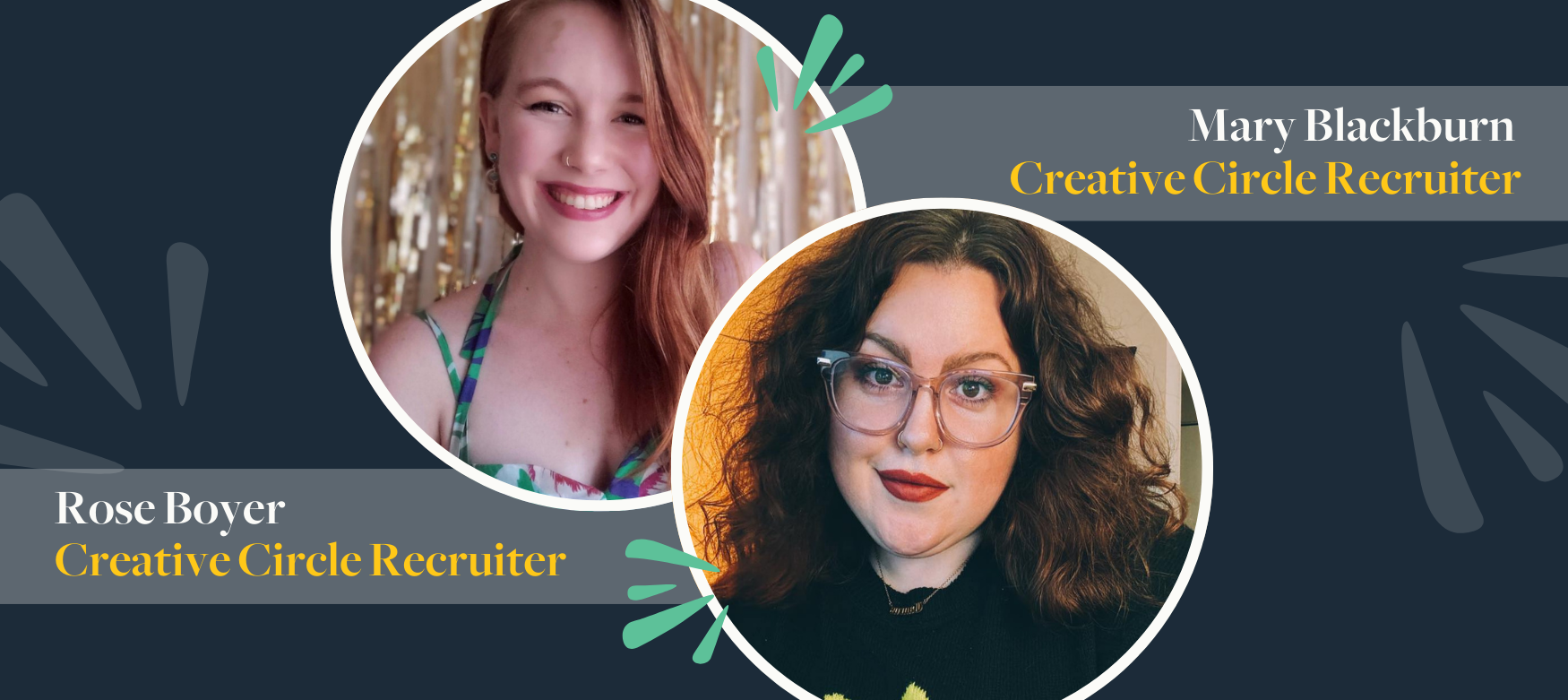Often, when we hear about successful people’s career paths, “I had a mentor” is a response to the question of how they launched. This has, for better or for worse, caused the up-and-comers to think that mentorship is an automatic investment that comes in any job role, company, industry, or LinkedIn connection. As a result, people are mistakenly assigning the role of “Yoda” in their own lives, or worse, feeling let down if they don’t find one, sure that they won’t move forward without apprenticeship.
Although the desire to have someone you admire take interest in your career is valid (and can be very fruitful), there is a strategy for both knowing how to ask for a mentor and knowing what to look for in this person to maximize learning from them.
Even if you can’t control when and how you will become a mentee, here are some key things to consider when asking to learn from the best and the brightest:
Be clear about what you want to learn
There is the age-old saying, “The world isn’t waiting for you.” Just because you’re ready to jump-start your career doesn’t mean that everyone’s attention is geared in your direction. Before reaching out to the person you want to learn from, spend time thinking about the type of work you’d like to be doing, what you’ve learned from the work you’ve already done, and what you believe your innate skillsets to be. Consider the value proposition, “WIIFM (What’s In It For Me),” when reaching out to the person you want to connect with. Ask yourself: What do they get out of your relationship? You need to be able to align your desired growth with your mentor’s needs, keeping in mind that they need to find fulfillment from your relationship as well.
Don’t let your goals get in the way of learning
Being goal-oriented is, of course, important in getting things done or finding success through achievements. However, if you hyper-focus on what your bottom line is, you might just get in the way of what you’re meant to learn. Make sure you keep your mind open and your end-goal in check when working with your mentor so as to not miss the journey for the sake of the destination. It’s also possible that you will need different types of mentors at growing parts of your life.
Make room for their story
Even though you might be enthusiastic about your own pursuits, you must always prioritize learning about how others have gotten to where they are now first. Questions that encourage vulnerability always prompt a more meaningful conversation.
- “What did you imagine yourself doing when you graduated college?”
- “What experiences most impacted your current path?”
- “How do you hope to grow from where you are now?”
- “What things do you wish you had done or tried?”
Not only is this helpful in allowing someone to talk about their journey, but it also provides a nuanced perspective that not everything is linear. Especially if you are looking to someone else to provide guidance, it’s helpful to get the full story of what they thought they wanted, how they came to be where they are, and why they do what they do. Like during an interview, people are more likely to find fulfillment in the interaction if they feel visible.
Don’t forget mentors are also human beings
Whether it’s a personal trainer, a teacher, a parent, or a mentor, we all have the tendency to think those who have the wisdom, experience, or knowledge that we think we lack somehow hold superhuman abilities to give us answers when we need them. However, as we all know, no one is perfect. Remember that, like all human beings, even your mentor doesn’t have all the answers. It’s also likely that even with their success, they might be questioning their own path…or better yet, have their own mentor! With that in mind, the power to discern what works for you and what doesn’t, regardless of your mentor’s guidance, is key, as no one knows you better than yourself. Over-dependency on another person, assuming that they hold the keys to your success, only takes credit away from what you’re capable of in your own right.
Remember that they don’t work for you
A mentor-mentee relationship is a very special one as it emphasizes a journey of shared growth. Although there might be symbiosis in this dynamic, at the end of the day, your mentor does not work for you. Always remaining mindful, appreciative, and understanding of the fact that this person’s time is valuable will keep a lasting and meaningful relationship that allows for true personal growth.
In the end, it’s not about the mentor having all the answers, but rather about helping you find the confidence in your own.
Anyone have any good suggestions on how they found their mentor? Let us know in the comments!
Annie is a Creative Circle candidate and freelance creative strategist/copywriter working and living in Los Angeles. She knows digital media as well as she knows her own horoscope (she’s a Virgo), having worked at the likes of BuzzFeed and Mashable. She has created branded content strategies for the top Fortune 500 brands, which means she knows the true meaning of “going native.” If you want to work with Annie, contact Creative Circle Los Angeles.



